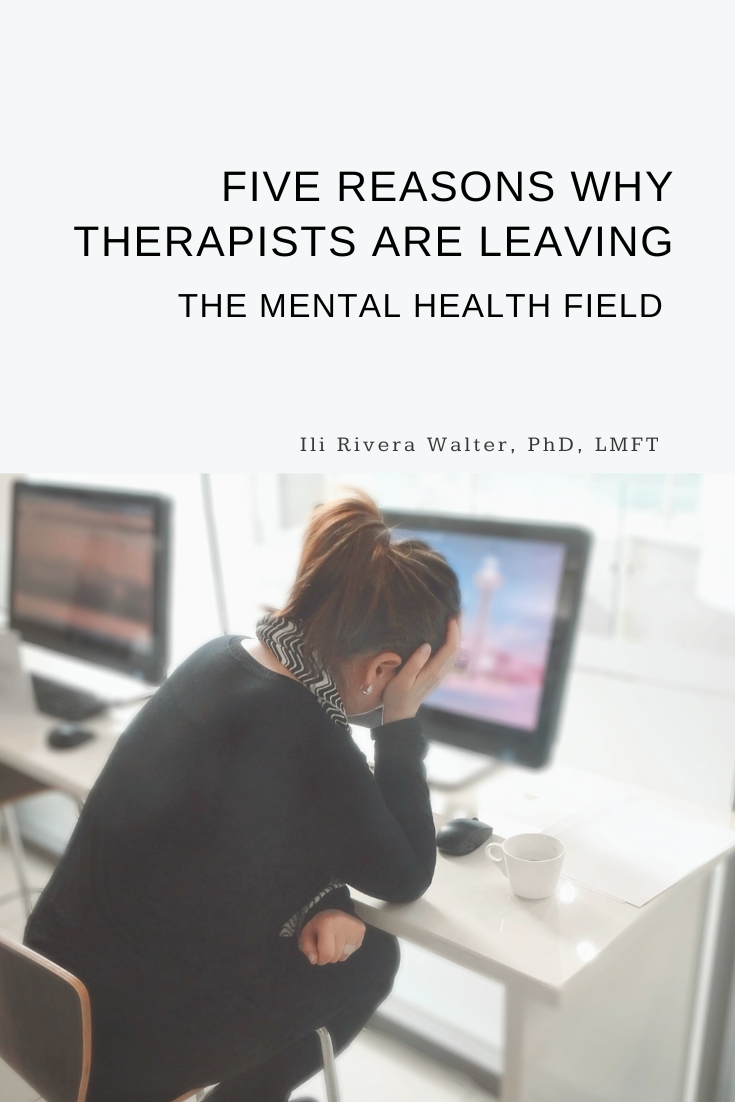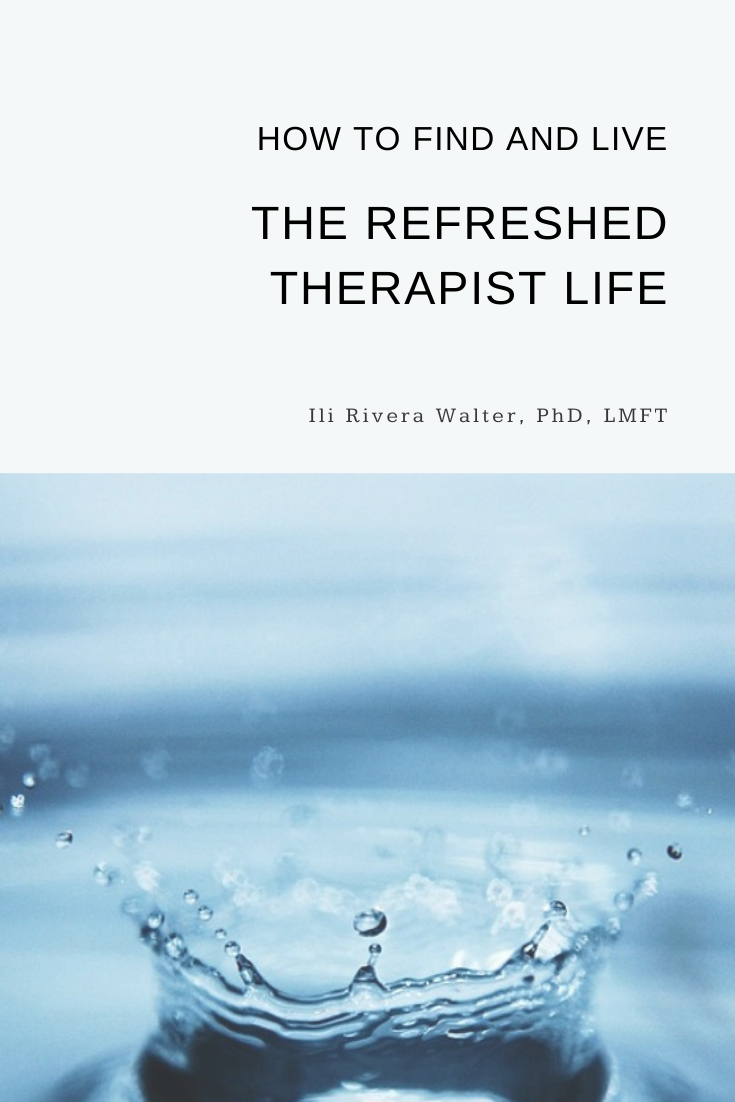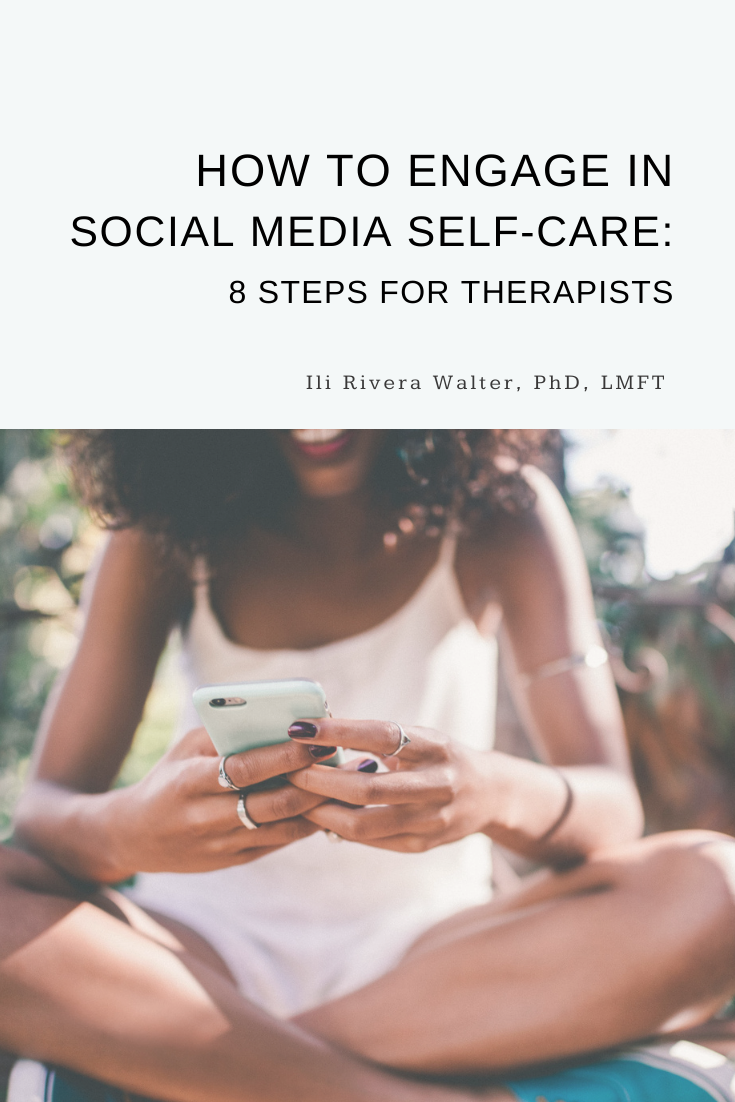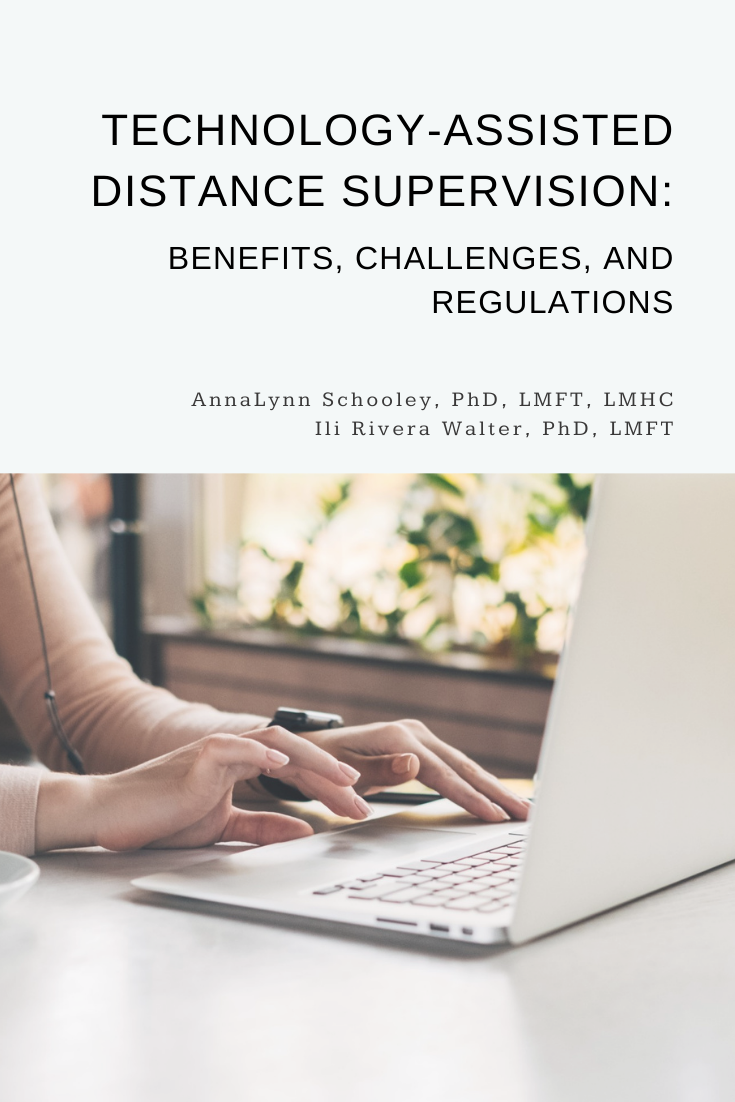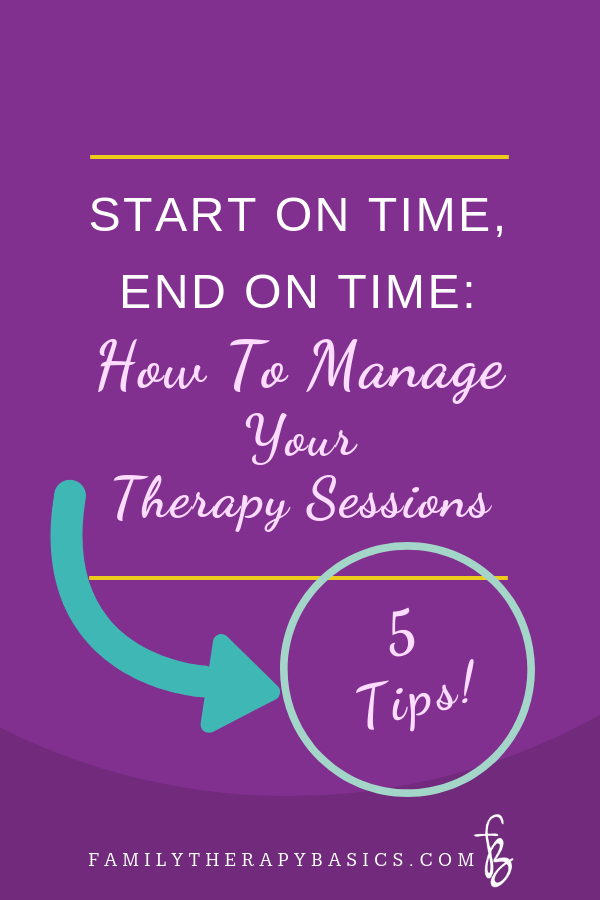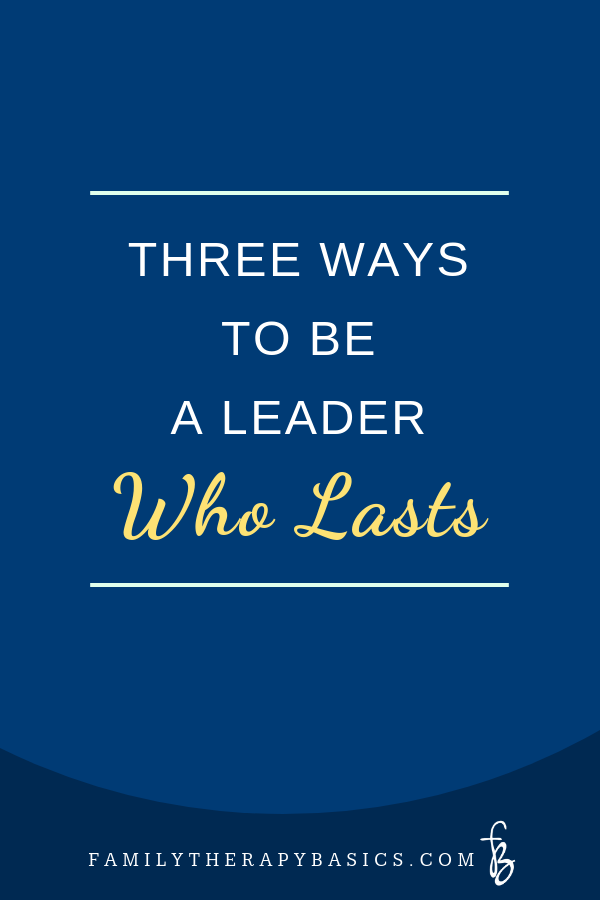Recently, I’ve been thinking about the role of work in my life, as well as how I relate to work.
This train of thought naturally leads me to also evaluate how well I am engaging with people (and myself) as more than a worker.
How much time and mental energy does my work take from me, or give to me?
How much of my drive and motivation does my work inspire?
These are a few of the questions I am asking in order to continue my mission for myself and other therapists: To live and work well.
So, in today’s post, I’m bringing you some of my ideas, and I’m also inquiring into your relationship with work.
What does your work mean to you?
Is it a source of income?
Does it offer you a sense of purpose?
Has it helped you grow?
What is your relationship to work?
How do you feel when you are at work, or engaged in work?
How does work influence your life?
Answering these questions will help you understand how you relate to work, as well as what you have been expecting from your professional role.
Many therapists expect a great deal from their work, without realizing it. I have, at certain times in my life. I’ve waited for my work to grant me a feeling of accomplishment and confidence, imbue a professional identity, define a path, as well as provide financial security.
I’ve wanted it to not only offer satisfaction, but answers. Answers to questions that are likely, life-long. Such as,
Am I a trustworthy leader?
What are my most valuable strengths?
What activities, when I engage in them, result in flow and/or satisfaction?
Much of the work that I do with therapists is based on my belief that if therapists love their work, if they create businesses and careers that energize and enliven them, then they will be happier and more successful. I believe this not only for others, but also for myself.
Which is why when I recently read an opposing view, I was surprised and intrigued. The authors of Your Money or Your Life (a recent book club read), lean on E. F. Schumacher’s writing, in order to define work as the process of:
providing “necessary and useful goods and services.”
using and “thereby perfecting our gifts.”
taking these steps “in service to, and in cooperation with, others, so as to liberate ourselves from our inborn egocentricity” (p. 210).
Then, the authors present a challenge: What if we separated work (as defined above) from wages? In other words, what if you worked only for money (as much money as possible), and created useful goods, perfected your gifts, and/or served others through activities outside of paid work.
Perhaps you, like me, have expected your paid work to meet a multitude of needs, including social, economical, and existential. Probably, you’ve come to relate to work in this way, because your parents, or their parents, were separate-work-from-wages people.
Think about it.
You likely know at least one person who works only for wages and is miserable.
You likely also know at least one person who works only for wages and is content, maybe even happy.
What is the difference between these two people?
It’s safe to assume what distinguishes the experience of these two people is that they relate to work differently. They have distinct expectations for their work as well as the other areas of their lives.
The problem for the miserable worker is not her work. It’s how much physical and mental energy she spends on work, at the expense of other, meaningful areas of life--relationships, wellness, creativity, connection, and so on. Now, of course, the actual job influences the amount of energy required, but the worker does, too (more on this below).
Happiness, it turns out, has little to do with extrinsic rewards (Schwartz, 2016), such as the amount of your paycheck. It has much to do with intrinsic rewards, such as a sense of usefulness, growth, and contribution.
Your Life Is Your Energy
“The only real asset you have is your time. The hours of your life.” --Vicki Robin
Paired with this concept of separating your life’s work from wages is the authors’ assertion that our only asset is our time. We pay for money with our time; that is, with our life energy.
I consider life energy to be not only the time I spend engaged in a given activity (in this case, work), but also the amount of energy I spend thinking about work.
Mental energy is costly.
It costs you the ability to be present in your life, with your loved ones.
It costs you sleep.
It costs you relaxation.
It costs you motivation.
The Problem with Loving Your Work
Or, maybe, you love your work.
You fall into the first category of people (way at the top of this article) who gain both intrinsic and extrinsic rewards from their work.
Then your challenge may be that you love your work so much that you can’t, or won’t, “turn it off.” Which means, at times:
It costs you the ability to be present in your life, with your loved ones,
It costs you sleep.
It costs you relaxation.
Rather than losing motivation, you may have too much of it!
You face a powerful pull toward your work, and away from competing demands. The all-encompassing passion of your work takes up most of your time, leaving you with little attention for others. There’s a constant struggle to step away from work (physically and mentally) in order to stay grounded, accountable, and socially engaged.
Maybe, working only for money, without passion, is easier.
A personal aside
When I was writing my dissertation, I was (and still am) so in love with my idea, that I had to force myself not to think about it if I wasn’t able to work on it. When I opened the idea in my mind, it took me to a wonderful world of mystery and contemplation that I simply could not participate in when functioning in a different role.
This was good practice for being in a position of loving my work. It helped me gain the skills to willingly turn off “work mode” in order to live well with others (and with the other parts of myself).
Focus over Distraction
I learned, during that time, that focused attention beats multi-tasking every time. I get farther, faster. And, now, I am more willing to quit work when my environment or circumstance is working against my focus. I also learned how to limit distractions in order to focus. Yes, we have the power to focus our attention. Every day, we make choices that allow our mental energy to be somewhere other than right here.
Presence Over Productivity
Productivity is defined as, “the quality, state, or fact of being able to generate, create, enhance, or bring forth goods and services.” These days, productivity is also measured by one’s ability to deliver value, or outcomes.
Many of us are handed productivity expectations by our professional superiors, including billable hours, professional activity, client numbers, and so forth.
In terms of being productive people, we tend to take this quantitative measure of productivity and apply it to qualitative endeavors. For example, you may ask yourself:
How clean is my house?
How happy is my kid?
How many times did I exercise this week?
If you missed your target, you blame yourself, concluding that your efforts were lacking. When, in reality, the heart of your goal is not a number, but a state. A state of satisfaction with your home, a state of wellbeing for your child, a feeling of wellness for yourself.
Sure, setting goals is important, and knowing where you stand is essential. On the other hand, there’s something to be said for the joy of the the actual activity—cleaning, spending time with your kid, exercising.
This leads me to my point: The true measure of productivity is our ability to be present.
When you are present, productivity is a natural result.
We don’t chase the result. We engage right now, and we experience the results.
(For an interesting story on this process, see A Year of Yes, or Shonda Rhimes’ Ted Talk.)
What is Your Relationship To Work?
So, am I a separate-work-from-wages person? Not really. I love my work, and I’d rather create limits on my work life and mental energy than receive less satisfaction from my work. On the other hand, I see the benefits of choosing paid work only for the pay. It makes work-life boundaries easier and gives you a singular focus: maximizing your income.
I also see how relating to work differently could be beneficial during different life stages.
There is no one best way to relate to work. They each have their benefits and challenges.
No matter how you relate to work, you were meant to live a whole life. One that, as Schumacher (1979) explains, should meet your needs for service and growth, and provide a sense of meaning.
also
Let’s Chat
What is your current relationship to work
How does this relationship serve you?
How does it challenge you?
*In this article, I link a few past articles that are relevant to the topics mentioned, as well as a few references. I am an Amazon affiliate. If you choose to purchase via my links, your contribution helps to support my writing on this blog.






